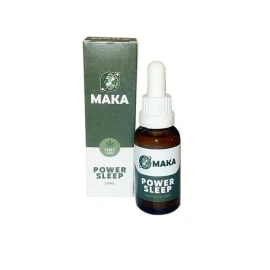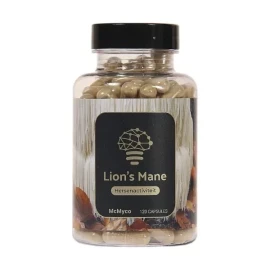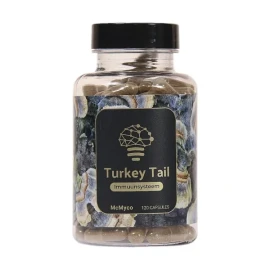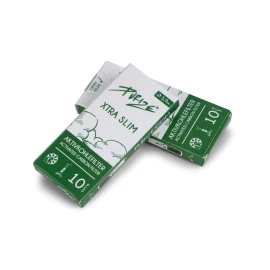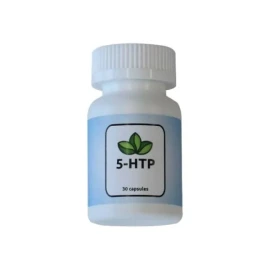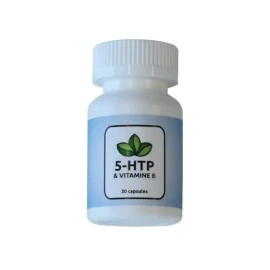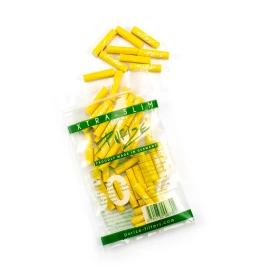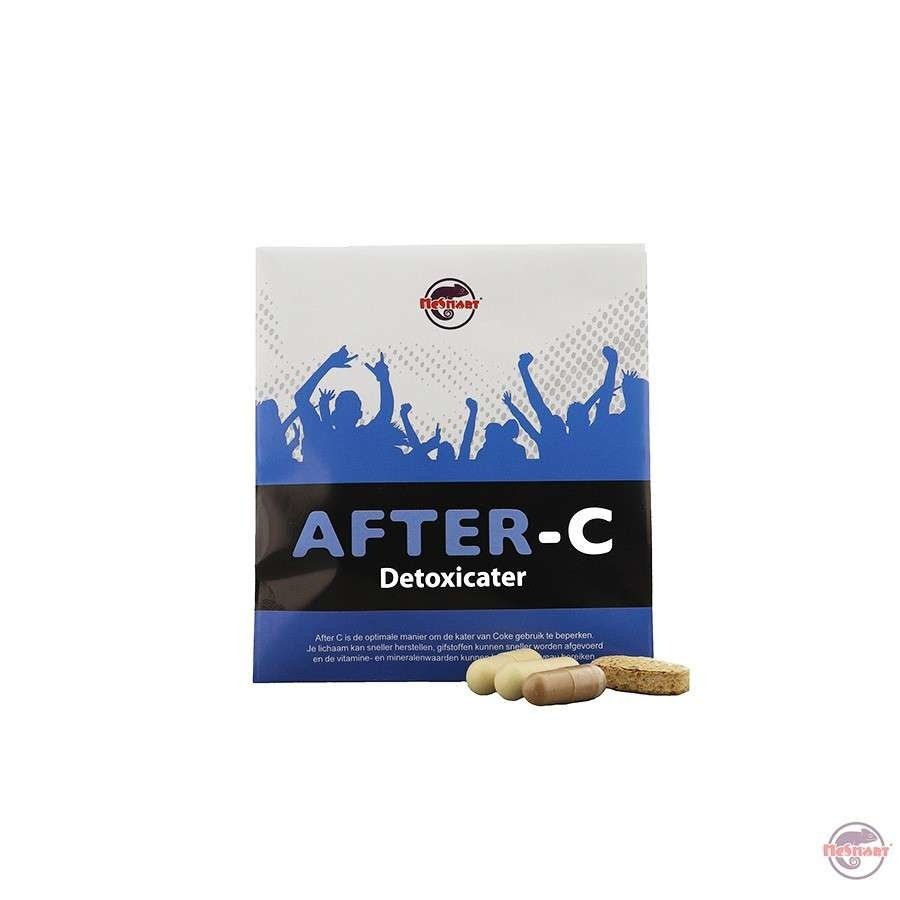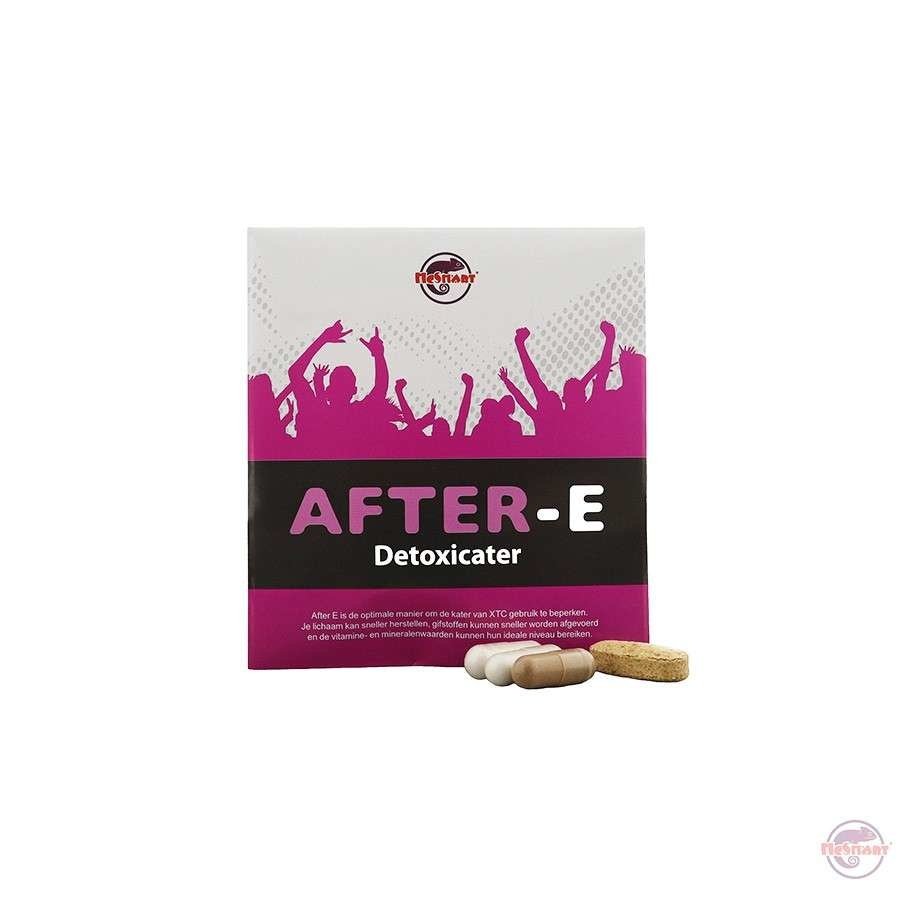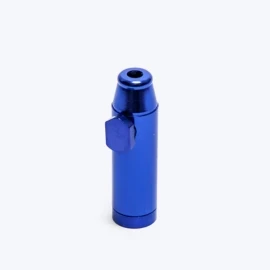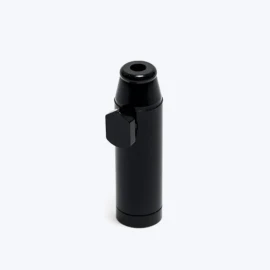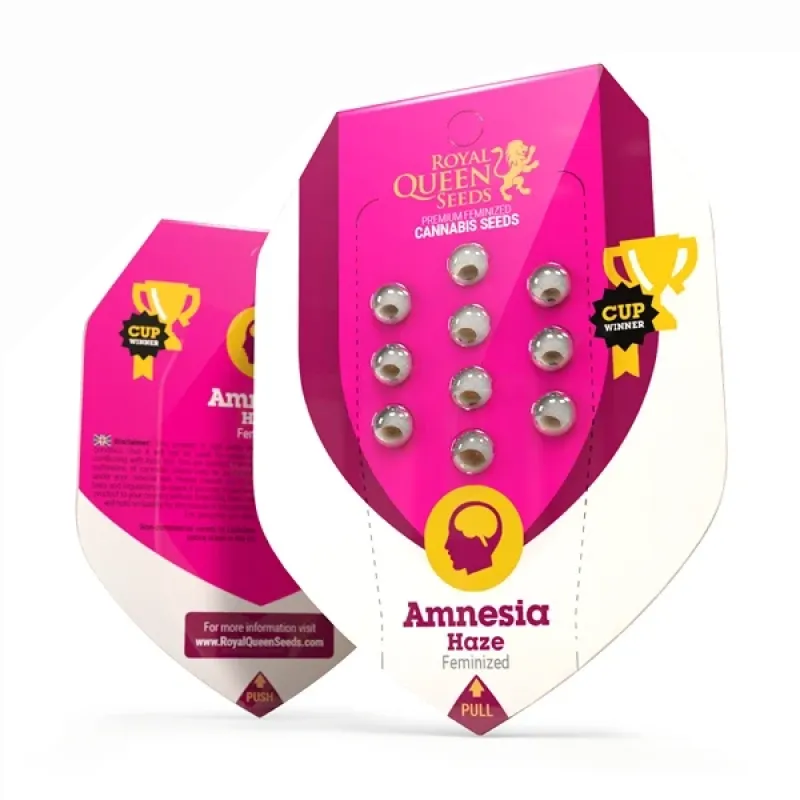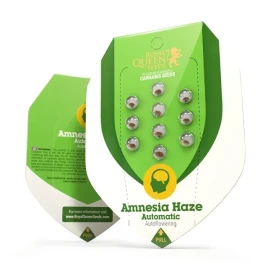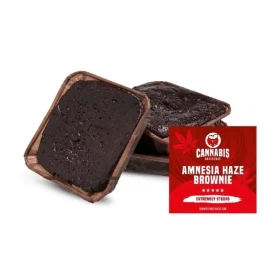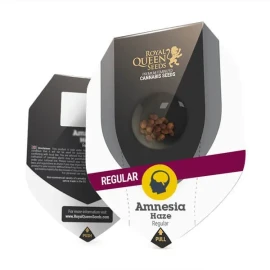Turkey Tail capsules
35,00 €
Introduction
Trametes versicolor, commonly known as Turkey Tail, is a distinctive mushroom species recognized by its multicolored, fan-like appearance that resembles the tail feathers of a wild turkey. This polypore fungus has been treasured in traditional wellness practices for centuries and has gained significant attention in modern research for its potential immune and gut-supporting properties.
Turkey Tail capsules offer a convenient, standardized way to incorporate this remarkable mushroom into your daily routine. These supplements provide concentrated extracts that maintain the beneficial compounds found in the whole fruiting body, making it easier to achieve consistent dosing compared to consuming whole mushrooms. For those seeking natural immune support and microbiome balance, Turkey Tail capsules represent a practical, vegan-friendly supplement option backed by emerging scientific research.
The Science of Turkey Tail
Turkey Tail’s therapeutic potential stems from its unique profile of bioactive compounds, particularly its immune-modulating polysaccharides and proteins. Understanding these mechanisms helps explain why this mushroom has captured the attention of researchers worldwide.
Key Active Compounds
PSK (Polysaccharide-K) and PSP (Polysaccharopeptide) serve as the primary immune-modulating components in Turkey Tail. These complex molecules combine polysaccharide structures with protein elements, creating powerful compounds that can influence immune system activity at the cellular level.
Beta-glucans represent the most extensively studied constituents in Turkey Tail extracts. These complex carbohydrates form structural components of the mushroom’s cell walls and demonstrate significant biological activity. In quality Turkey Tail extracts containing 30% polysaccharides, approximately 90% of these polysaccharides are beta-glucans, resulting in roughly 27% beta-glucan content by weight of the extract.
Additional constituents captured through proper extraction include triterpenes and phenolic compounds, which contribute to the mushroom’s antioxidant properties and overall therapeutic profile.
Mechanisms of Action
Turkey Tail influences health through several interconnected pathways:
- Immune Modulation: Stimulates natural killer (NK) cells, T-cells, and macrophages while promoting balanced cytokine production, helping the immune system respond appropriately to various challenges
- Prebiotic Effects: Supports beneficial gut bacteria growth and microbiome balance, with emerging evidence suggesting significant impact on digestive health
- Antioxidant Activity: Provides free-radical scavenging capabilities that support cellular health and may reduce oxidative stress
Evidence and Research Summary
Clinical research on Turkey Tail presents a compelling picture of immune enhancement and potential therapeutic applications, though important limitations remain in the current evidence base.
Research Highlights
Randomized controlled trials and meta-analyses indicate that Turkey Tail extracts can significantly enhance immune function, particularly NK cell and T-cell activity. The most robust clinical evidence supports its use as an adjunct therapy in certain gastrointestinal cancers, where PSK has been extensively studied and clinically utilized in Japan and China for decades.
Human studies have demonstrated measurable improvements in immune parameters, including increased NK cell activity, enhanced T-helper cell function, and improved overall immune response markers. Research has also revealed promising prebiotic effects, with studies showing positive changes in gut microbiome composition following Turkey Tail supplementation.
Safety profiles across clinical trials have been consistently favorable, with most participants experiencing good tolerance even with extended use. The supplement has shown minimal adverse effects in controlled settings, supporting its potential for long-term use.
Evidence Limitations
The current research landscape presents several important considerations. Many trials remain small or heterogeneous, with varying endpoints and methodologies that make direct comparisons challenging. While the most robust evidence exists for adjunct cancer therapy in specific clinical contexts, broader health claims for general immune support require additional large-scale, independent research.
Industry-funded studies may present potential bias, and readers should consider this when evaluating claims. The field would benefit from more large, independent randomized controlled trials to establish definitive health benefits across diverse populations.
Product Specifications
Understanding the specific formulation of Turkey Tail capsules helps translate research findings into practical supplementation strategies.
Package Details
Each bottle contains 120 capsules, with 400 mg of extract per capsule, providing a total product mass of 48 grams. This sizing allows for flexible dosing based on individual needs and research-supported ranges.
Formulation Breakdown
Full-Spectrum Extract: Made exclusively from whole fruiting bodies rather than mycelium, ensuring maximum concentration of active compounds. The fruiting body contains the highest levels of beneficial polysaccharides and represents the form most extensively studied in clinical research.
Dual Extraction Method: Utilizes both water and ethanol extraction to capture the complete spectrum of bioactive compounds. Water extraction captures polysaccharides like beta-glucans, while ethanol extraction obtains alcohol-soluble constituents including triterpenes and other secondary metabolites.
Standardized Potency: Each capsule is standardized to contain 30% polysaccharides, with approximately 90% of these being beta-glucans, resulting in roughly 27% beta-glucan content by weight. This standardization ensures consistent potency across batches.
Added Nutrients: Enhanced with Vitamin C, Zinc, and magnesium citrate to provide synergistic immune support. Vitamin C and Zinc serve as essential cofactors for immune function, while magnesium citrate supports absorption and digestive comfort.
Inactive Ingredients: Contains silicon dioxide as a natural flow agent to maintain capsule integrity and prevent clumping.
Clinical Dosing Translation
Research indicates typical clinical extract ranges of 1-3 grams daily. With 400 mg capsules, this translates to approximately 3-8 capsules daily depending on target dose. Lower doses (3-4 capsules) align with general immune support goals, while higher ranges (6-8 capsules) approach therapeutic doses studied in clinical settings. Always consult healthcare providers before beginning supplementation, especially at higher doses.
How to Choose Quality Turkey Tail Capsules
Selecting effective Turkey Tail supplements requires careful evaluation of several key factors that distinguish high-quality products from inferior alternatives.
Essential Label Elements
Fruiting Body Specification: Verify that products explicitly state “fruiting body” as the source material. Avoid products with ambiguous “myceliated grain” claims or unclear source descriptions, as these may contain primarily grain with minimal active compounds.
Extraction Details: Look for dual extraction methods combining water and ethanol, or clear statements about extraction solvents and ratios. Single-solvent extractions may miss important compound classes.
Polysaccharide Content: Seek products displaying percentage polysaccharides and beta-glucan content, or access to Certificate of Analysis (COA) with assay results. This information allows for potency comparison between brands.
Clear Dosing Information: Products should specify milligrams per capsule and provide daily recommended doses based on research ranges.
Trust and Quality Signals
Third-Party Testing: Request access to Certificates of Analysis showing testing for heavy metals, microbial contaminants, pesticide residues, and mycotoxins. Reputable manufacturers provide this information readily.
Independent Lab Verification: Look for independent laboratory testing of beta-glucan content rather than relying solely on manufacturer claims.
Certifications: GMP (Good Manufacturing Practices), ISO certifications, or organic certifications when claimed provide additional quality assurance.
Sourcing and Sustainability
Cultivation Methods: Understand whether products use wild-harvested or cultivated mushrooms. Cultivated sources often provide more consistent quality and sustainable supply, while wild-harvested sources may offer enhanced potency but raise sustainability concerns.
Traceability: Quality products provide information about country or region of origin, allowing consumers to make informed decisions about sourcing practices.
Ethical Harvesting: Look for statements about sustainable harvesting practices and regenerative cultivation methods when available.
Red Flags to Avoid
Vague Extract Claims: Avoid products claiming “100% extract” without providing extraction details or compound percentages.
Mycelium Substitution: Be wary of fine print revealing “mycelium on grain” as the primary ingredient, as this typically contains lower concentrations of active compounds.
Missing Documentation: Avoid products where manufacturers cannot provide COAs or third-party testing results upon request.
Unrealistic Claims: Steer clear of products making exaggerated claims such as “cures cancer” or other medical treatment assertions.
Value Assessment
Price Comparison: Compare price-per-gram rather than price-per-bottle to understand true value.
Potency Analysis: Evaluate polysaccharide and beta-glucan content per serving for accurate potency comparison between brands.
Dosage, Safety, and Contraindications
Proper dosing and safety awareness ensure optimal benefits while minimizing potential risks associated with Turkey Tail supplementation.
Recommended Dosing
Clinical research supports extract doses of 1-3 grams daily for most applications. With 400 mg capsules, this translates to approximately 3-8 capsules daily, allowing for individualized dosing based on specific goals and tolerance. Begin with lower doses (1-2 capsules daily) and gradually increase over 1-2 weeks to assess individual response.
Common Side Effects
Turkey Tail generally demonstrates excellent tolerance, but some individuals may experience mild digestive effects including bloating, gas, or loose stools, particularly when beginning supplementation or using higher doses. Rare allergic responses may occur in individuals sensitive to mushrooms or fungi.
Some users notice temporary darkening of stool coloration, which is benign and related to the mushroom’s natural pigments.
Important Contraindications
Immunosuppressive Therapy: Individuals taking immunosuppressive medications or managing autoimmune conditions should consult specialists before use, as Turkey Tail modulates immune function and may interfere with treatment goals.
Cancer Treatment: Never self-prescribe Turkey Tail as adjunct therapy during chemotherapy, immunotherapy, or other cancer treatments without coordinating with your oncology team.
Transplant Recipients: Those with organ transplants or taking immunomodulatory drugs require medical supervision before beginning supplementation.
Pregnancy and Breastfeeding: Insufficient safety data exists for these populations; avoid use unless specifically advised by healthcare providers.
Anticoagulant Medications: Exercise caution if taking blood-thinning or antiplatelet medications, and discuss potential interactions with physicians.
Long-Term Safety
Clinical trials demonstrate good tolerability at doses up to 1-3 grams daily, but long-term large-cohort safety data remains limited. Encourage periodic review with healthcare providers for extended supplementation, and maintain updated medication and supplement lists for all health appointments.
Regulatory and Market Context
Understanding the regulatory landscape helps set appropriate expectations for Turkey Tail supplementation and product claims.
Global Regulatory Status
In Japan and China, certain Turkey Tail derivatives, particularly PSK, are regulated pharmaceutical agents used as adjunct cancer therapies under medical supervision. These markets have decades of clinical experience with standardized Turkey Tail compounds.
In Europe and North America, Turkey Tail is commonly sold as a dietary supplement or food supplement, not as a pharmaceutical agent. This classification means products cannot make disease treatment claims but may support general health statements.
Appropriate Language
Legally compliant products use terms like “supports immune health,” “supports gut microbiome,” or “adjunct nutritional support” rather than medical language such as “treats,” “cures,” or “prevents” disease.
Turkey Tail Versus Alternative Supplements
Understanding how Turkey Tail compares to other immune and health supplements helps inform supplementation decisions.
Turkey Tail vs. Reishi
Turkey Tail demonstrates strong evidence for immune modulation and prebiotic effects, making it ideal for immune system support and gut health goals. Reishi, by contrast, functions primarily as an adaptogen with calming properties, supporting sleep quality and stress response rather than direct immune stimulation.
Turkey Tail vs. Maitake
Both mushrooms provide rich beta-glucan content, but research suggests different specificities in immune system effects. Choose based on individual health targets and available research for specific conditions.
Turkey Tail vs. Vitamin C and Zinc
Vitamin C and Zinc offer fast-acting micronutrient support as essential immune system cofactors, providing more immediate effects during acute immune challenges. Turkey Tail provides longer-term immune modulation and sustained microbiome support, making them complementary rather than competing approaches.
When to Choose Turkey Tail
Select Turkey Tail when seeking sustained immune system modulation, prebiotic gut support, or adjunct nutritional support for long-term wellness goals rather than acute symptomatic relief.
Buyer’s Checklist
Use this quick reference guide when evaluating Turkey Tail capsule products:
Essential Criteria:
- Fruiting body source specified ✓
- Dual extraction (water + ethanol) ✓
- Polysaccharide/beta-glucan percentage stated ✓
- Certificate of Analysis available ✓
- Added vitamins/minerals clearly listed ✓
- Third-party testing for contaminants ✓
- Vegan status and allergen information declared ✓
Quality Indicators:
- GMP or other relevant certifications
- Traceable sourcing information
- Responsive customer service for technical questions
- Reasonable pricing relative to potency
- Clear dosing guidelines based on research
Frequently Asked Questions
What is turkey tail used for?
Turkey Tail is primarily used for immune system support and gut microbiome balance. Research shows potential benefits for enhancing NK cell activity, supporting beneficial gut bacteria, and providing antioxidant protection.
How does turkey tail support the immune system?
Turkey Tail contains beta-glucans and other polysaccharides that stimulate immune cells including NK cells, T-cells, and macrophages while promoting balanced cytokine production.
How many capsules should I take per day?
Typical dosing ranges from 3-8 capsules (400 mg each) daily, equivalent to 1-3 grams of extract studied in clinical research. Start with lower doses and consult healthcare providers for personalized recommendations.
What is the difference between fruiting body and mycelium?
Fruiting body represents the actual mushroom structure containing the highest concentrations of active compounds. Mycelium is the root-like structure that may contain lower levels of beneficial polysaccharides.
Are there side effects or interactions?
Turkey Tail is generally well-tolerated, with possible mild digestive effects in some individuals. Important interactions may occur with immunosuppressive medications, anticoagulants, and during cancer treatment.
Is turkey tail safe with chemotherapy or immunotherapy?
Never combine Turkey Tail with cancer treatments without oncologist approval and coordination, as immune modulation may interfere with treatment protocols.
How do I verify product potency?
Request Certificates of Analysis showing polysaccharide and beta-glucan percentages, along with third-party testing for purity and contaminants.
Can I take turkey tail with other mushroom supplements?
Generally yes, but consider total dosing and potential interactions. Consult healthcare providers when combining multiple bioactive supplements.
Conclusion
Turkey Tail capsules offer evidence-backed immune and gut-supporting properties, particularly valuable as adjunct nutritional support in various health contexts. While not classified as medicine in most markets, clinical research demonstrates meaningful biological activity and good safety profiles.
When selecting products, prioritize fruiting-body extracts with dual extraction methods, verified polysaccharide content, and accessible third-party testing results. Typical clinical dosing ranges from 1-3 grams daily (approximately 3-8 capsules of 400 mg), though individual needs vary.
Always consult healthcare professionals before beginning supplementation, especially if managing health conditions or taking medications. Turkey Tail represents a promising natural approach to immune and digestive support when used appropriately as part of comprehensive wellness strategies.
Related Products
Frequently Asked Questions
Everything You Need to Know

